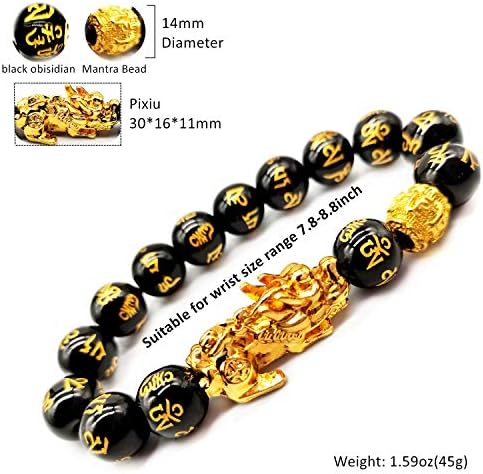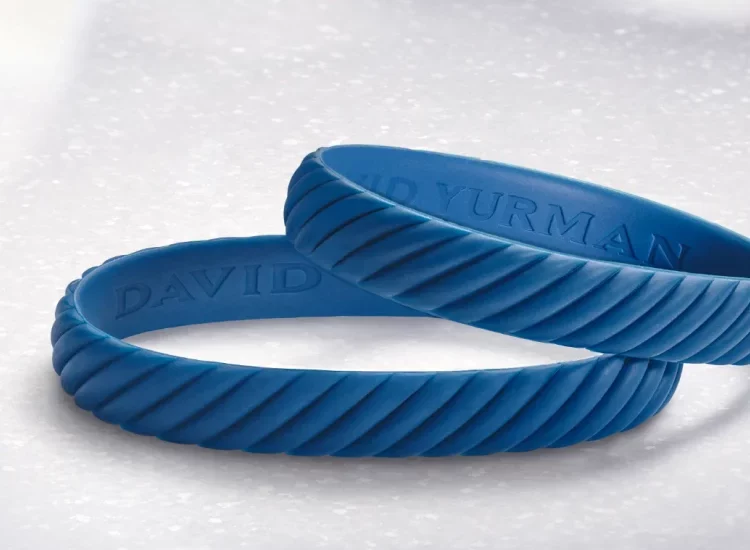A self-described “battle” between Chinese language ultra-fast style manufacturers Shein and Temu has escalated, with a brand new lawsuit from Temu towards its competitor claiming it’s making an attempt to squeeze its rival out of the US.
In a lawsuit filed in Massachusetts court docket, Temu accused Shein of making unique contracts with unbiased producers in China that bars them from working with Temu. The corporate claims Shein made the agreements in an try to edge out Temu in US markets.
“The US market is the first theatre of this battle,” Temu mentioned in its lawsuit, saying that Shein was “engaged in an elaborate and anti-competitive scheme aimed toward stymieing Temu’s enterprise”.
In a press release to CNN, a Shein spokesperson mentioned the corporate “consider[s] this lawsuit is with out benefit and we are going to vigorously defend ourselves”.
Since its debut within the US in 2017, Shein has taken over as the preferred ultra-fast style model within the US, interesting to clients with stylish designs at low-cost costs. The corporate is valued at about $66bn, greater than longstanding fast-fashion manufacturers H&M and Zara.
Temu, an offshoot of the Chinese language e-commerce big Pinduoduo, entered the US market in 2022 and have become one of the crucial downloaded apps within the US, advertising and marketing to younger shoppers by way of low costs and giveaways encouraging individuals to get others to obtain the app.
Shein is already making an attempt to take its competitor to court docket, alleging in court docket filings to a Chicago court docket in December that Temu has been paying influencers to unfold “false and misleading statements” about Shein on social media. Temu has denied the accusations and has requested the swimsuit be dropped.
In its personal lawsuit towards Shein, Temu mentioned that its competitor had gotten “8,338 unbiased attire producers” primarily based in China to signal unique agreements. Temu mentioned this implies US shoppers do not need “entry to direct value competitors” and its style gross sales have fallen sharply.
Although the ultra-fast style trade has boomed over the previous few years, engaging shoppers with over 10,000 new merchandise a day for affordable costs, the trade – particularly Shein – has come beneath criticism for issues comparable to poor working situations in factories, copyright infringement on unbiased artists’ designs and poisonous chemical compounds in clothes, together with criticism of quick style’s affect on the surroundings. Shein has denied the accusations. In the meantime, Temu’s sister firm, Pinduoduo, has confronted related allegations in China over considerations for its staff and promoting pretend or counterfeit merchandise on its web site.
skip previous publication promotion Signal as much as First Factor Free day by day publication Begin the day with the highest tales from the US, plus the day’s must-reads from throughout the Guardian Privateness Discover: Newsletters might include data about charities, on-line advertisements, and content material funded by exterior events. For extra info see our Newsletters might include data about charities, on-line advertisements, and content material funded by exterior events. For extra info see our Privateness Coverage . We use Google reCaptcha to guard our web site and the Google Privateness Coverage and Phrases of Service apply. after publication promotion
The businesses are slowly changing into the goal of scrutiny by the US federal authorities. The US-China Financial and Safety Evaluate Fee, a US federal company centered on nationwide safety and financial relations between the US and China, launched a quick in April saying that the success of Shein and Temu, together with different Chinese language e-commerce corporations, “has inspired each established Chinese language e-commerce platforms and startups to repeat its mannequin, posing dangers and challenges to US laws, legal guidelines and ideas of market entry”.















